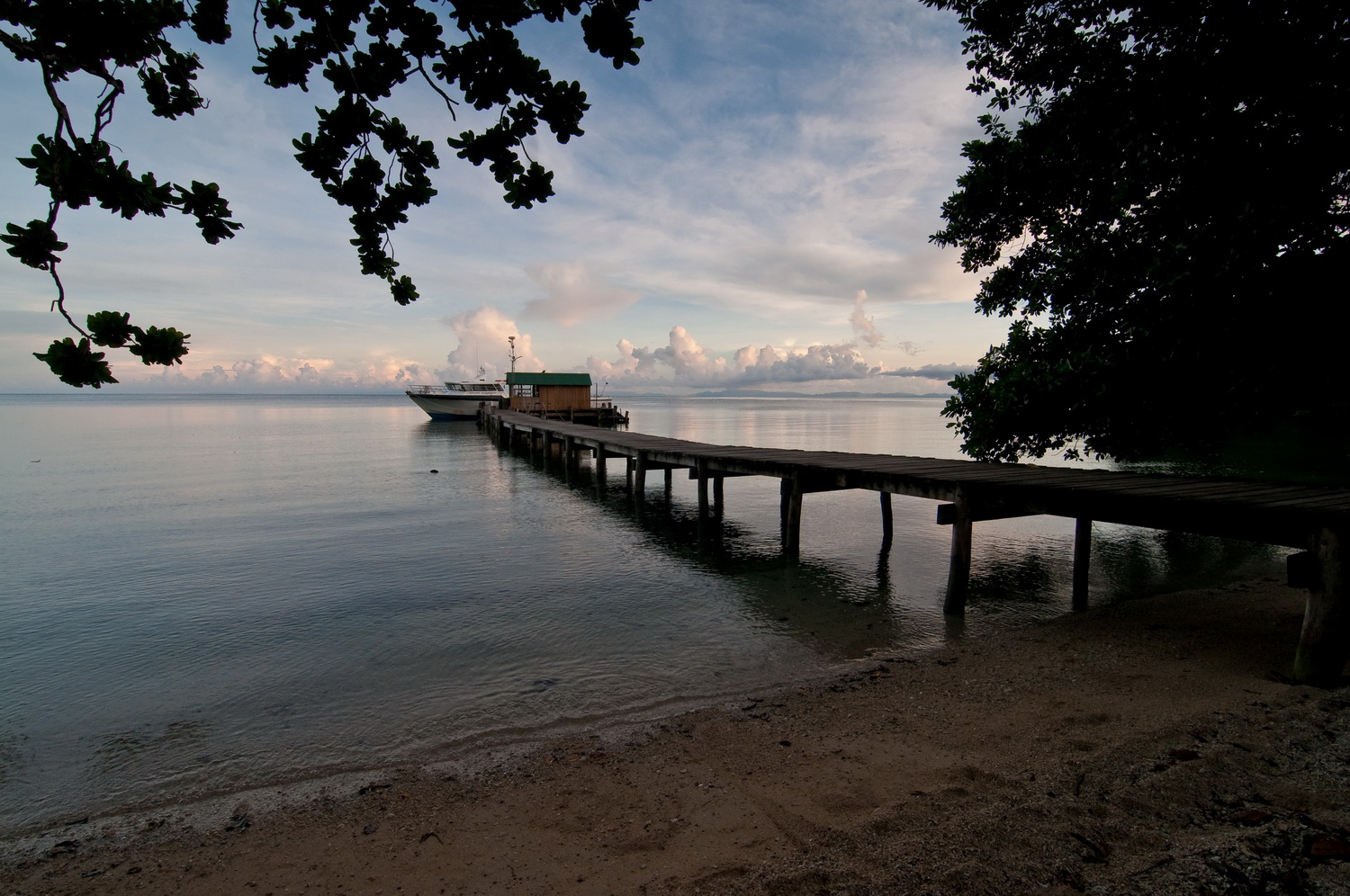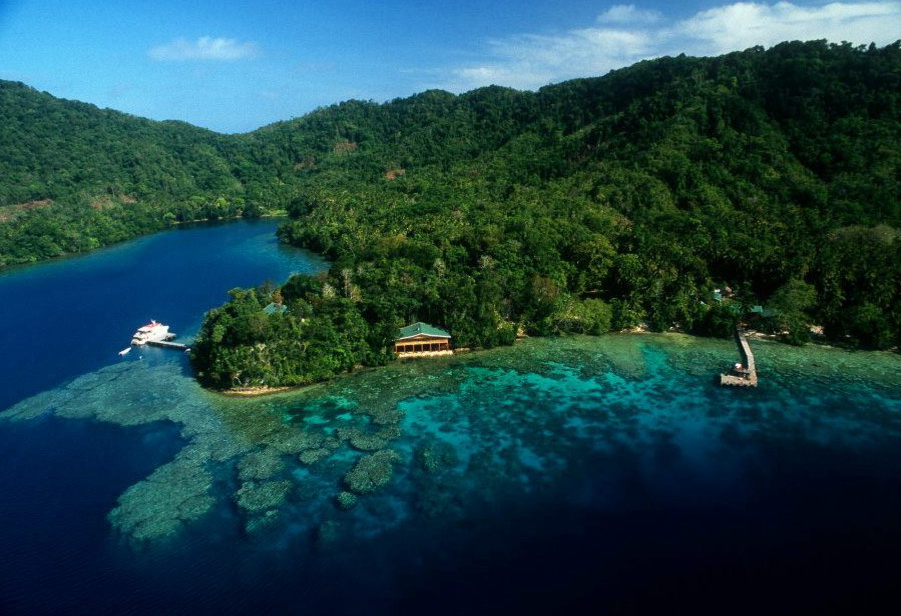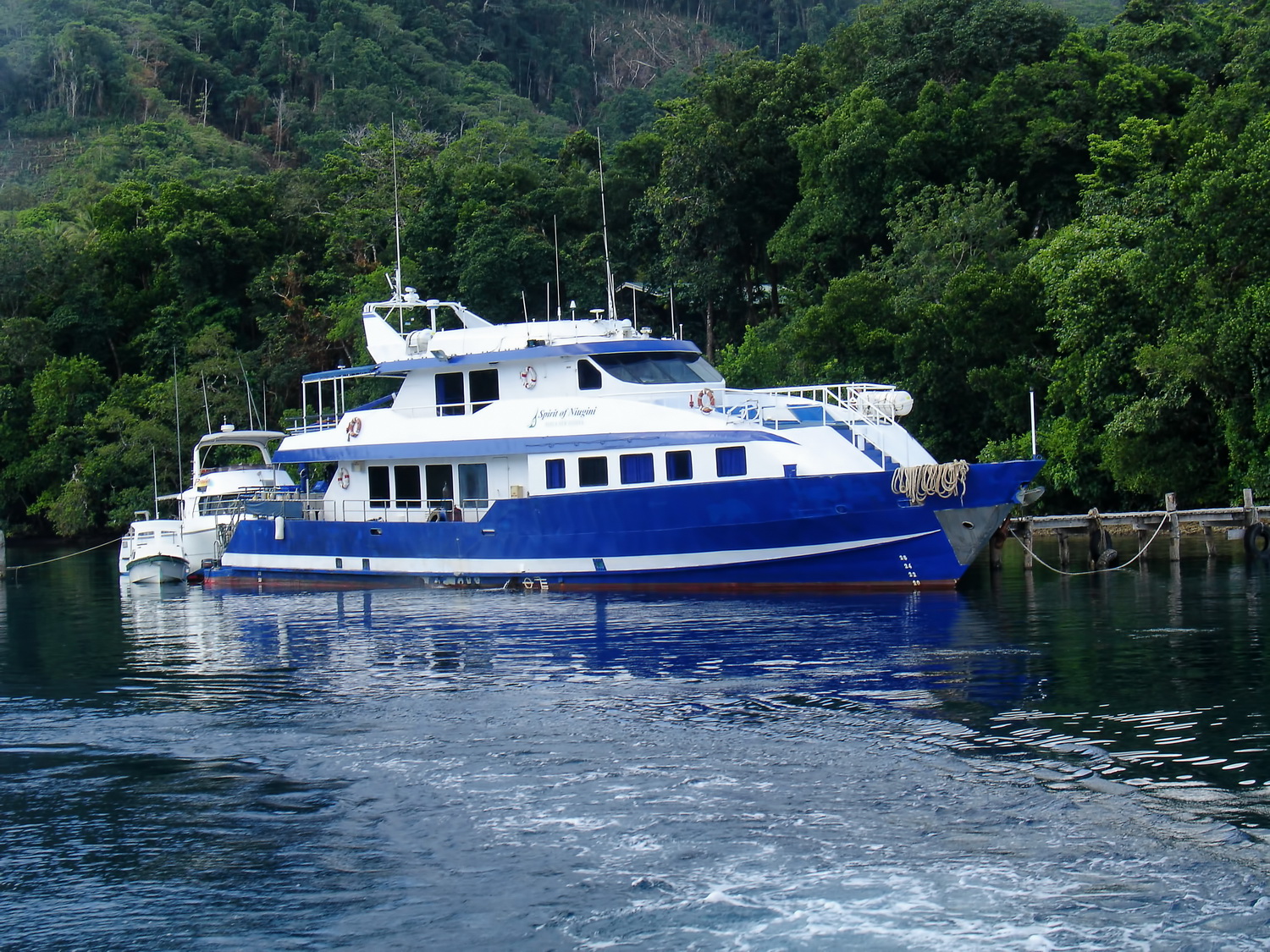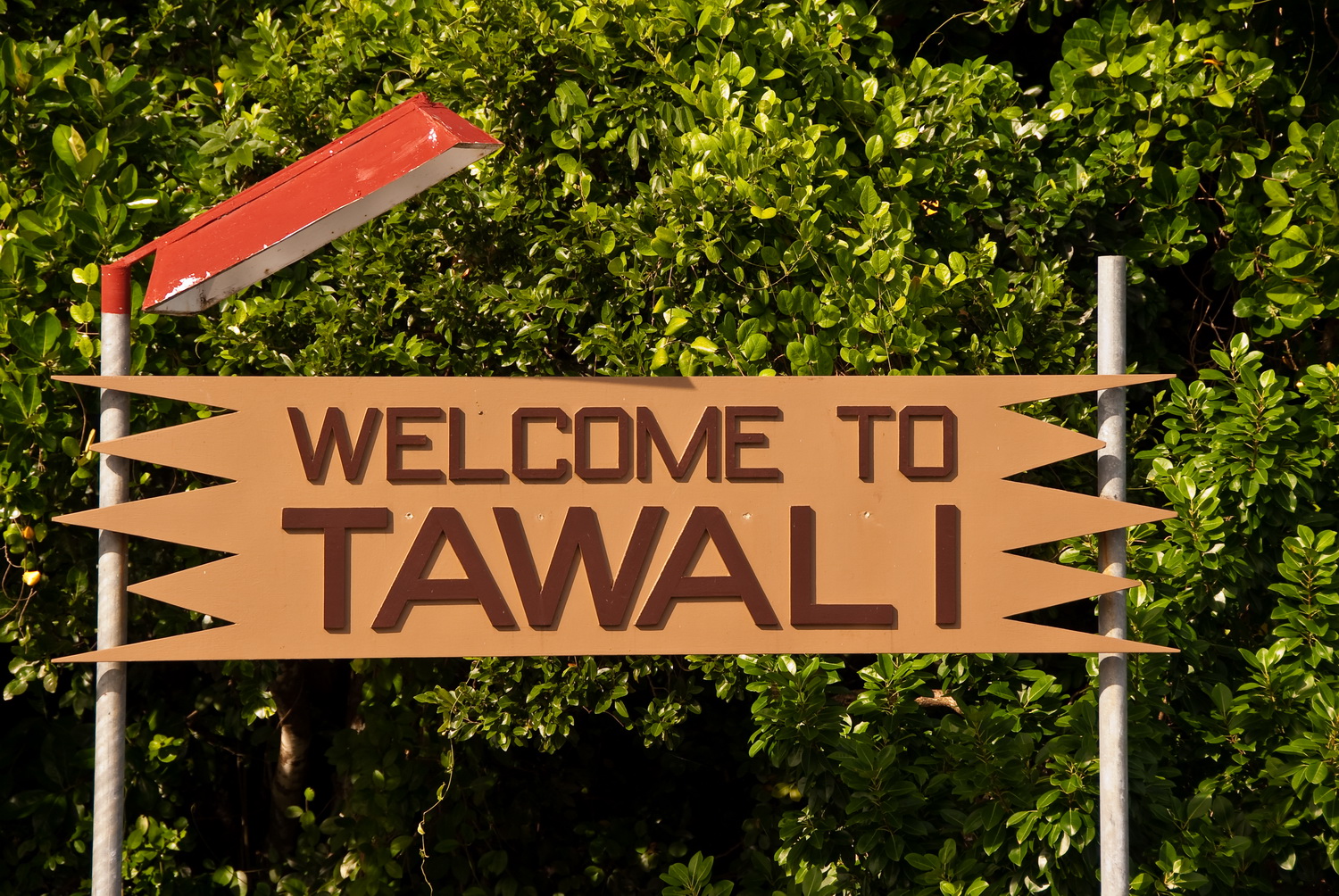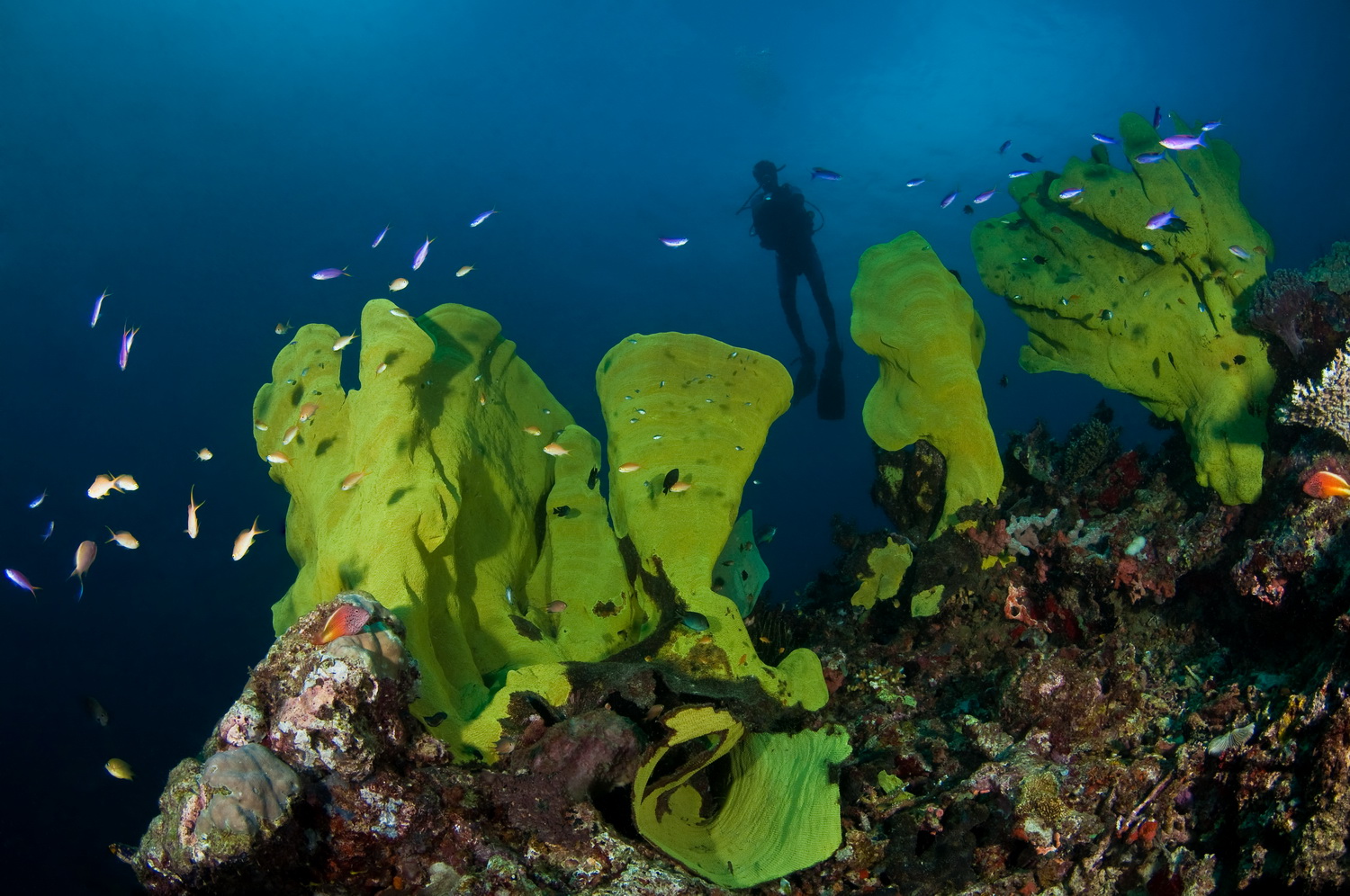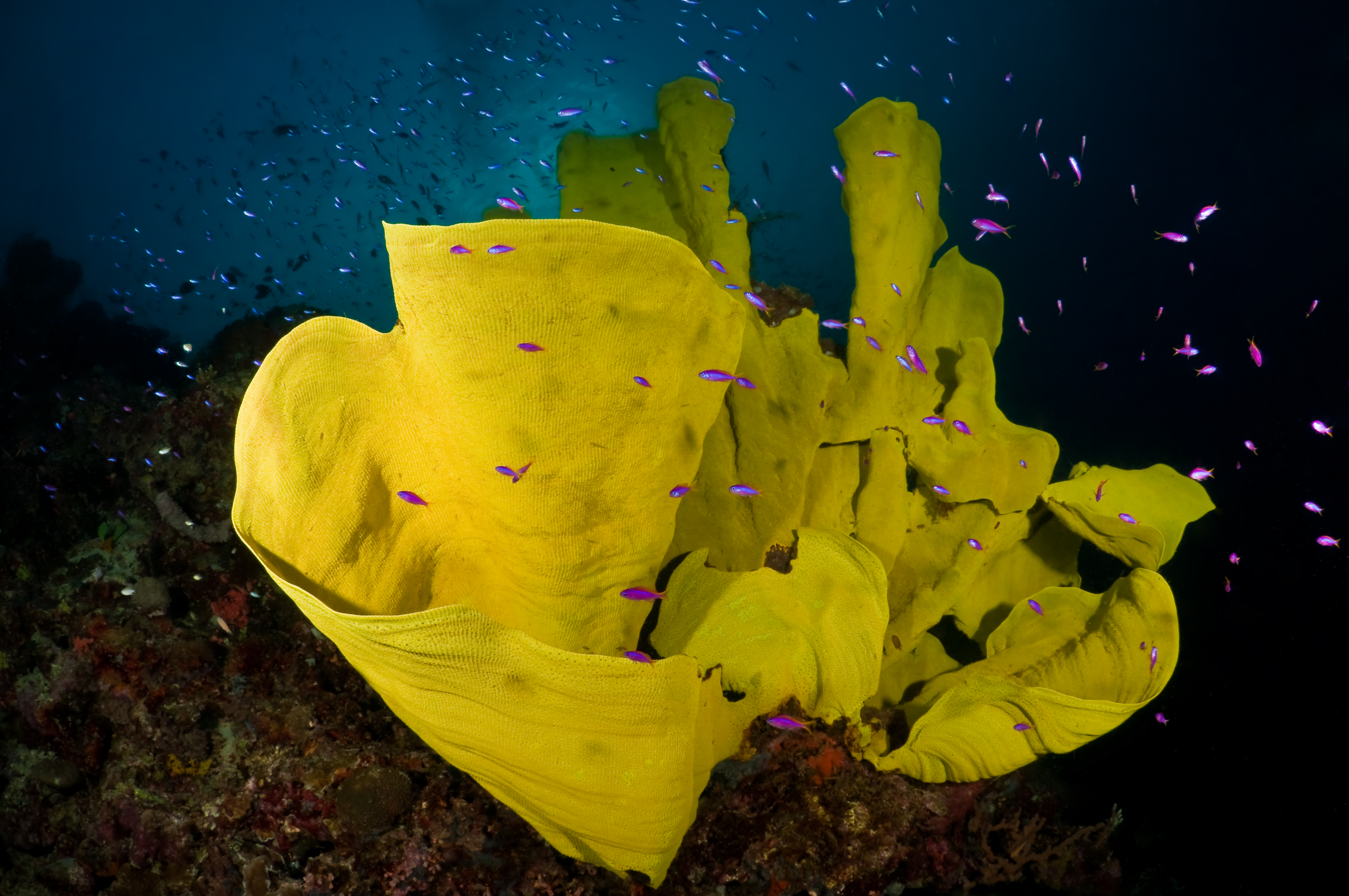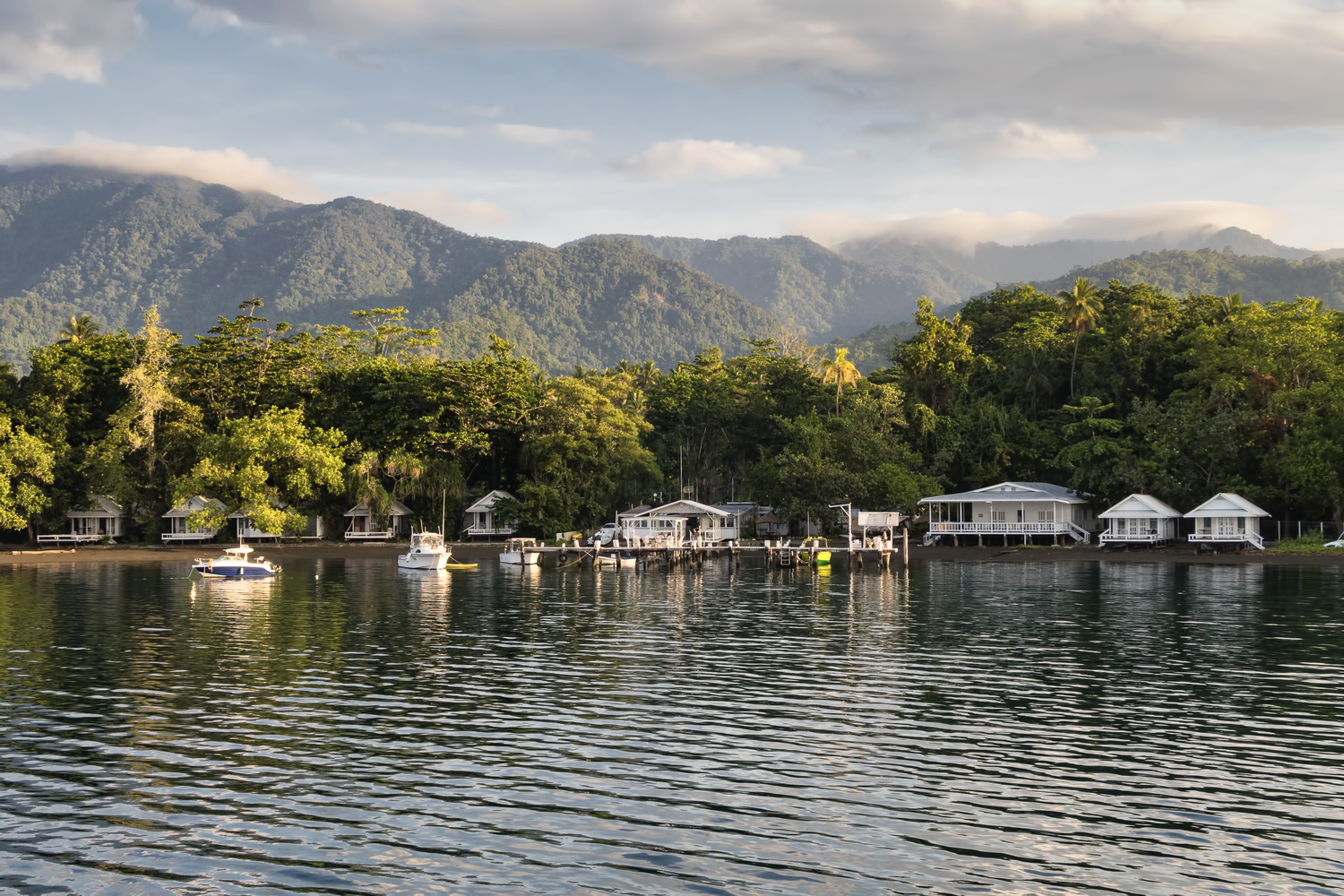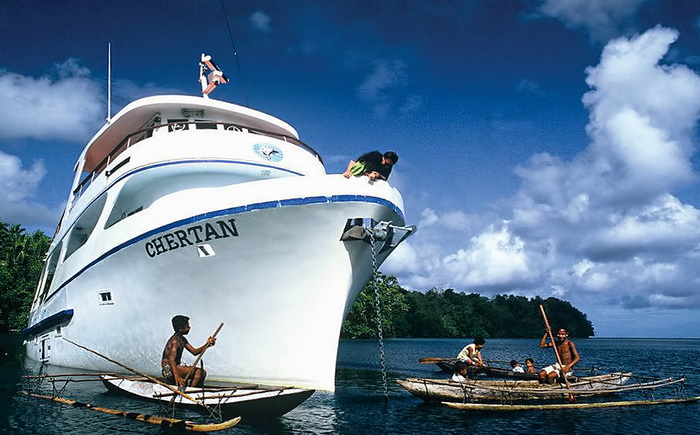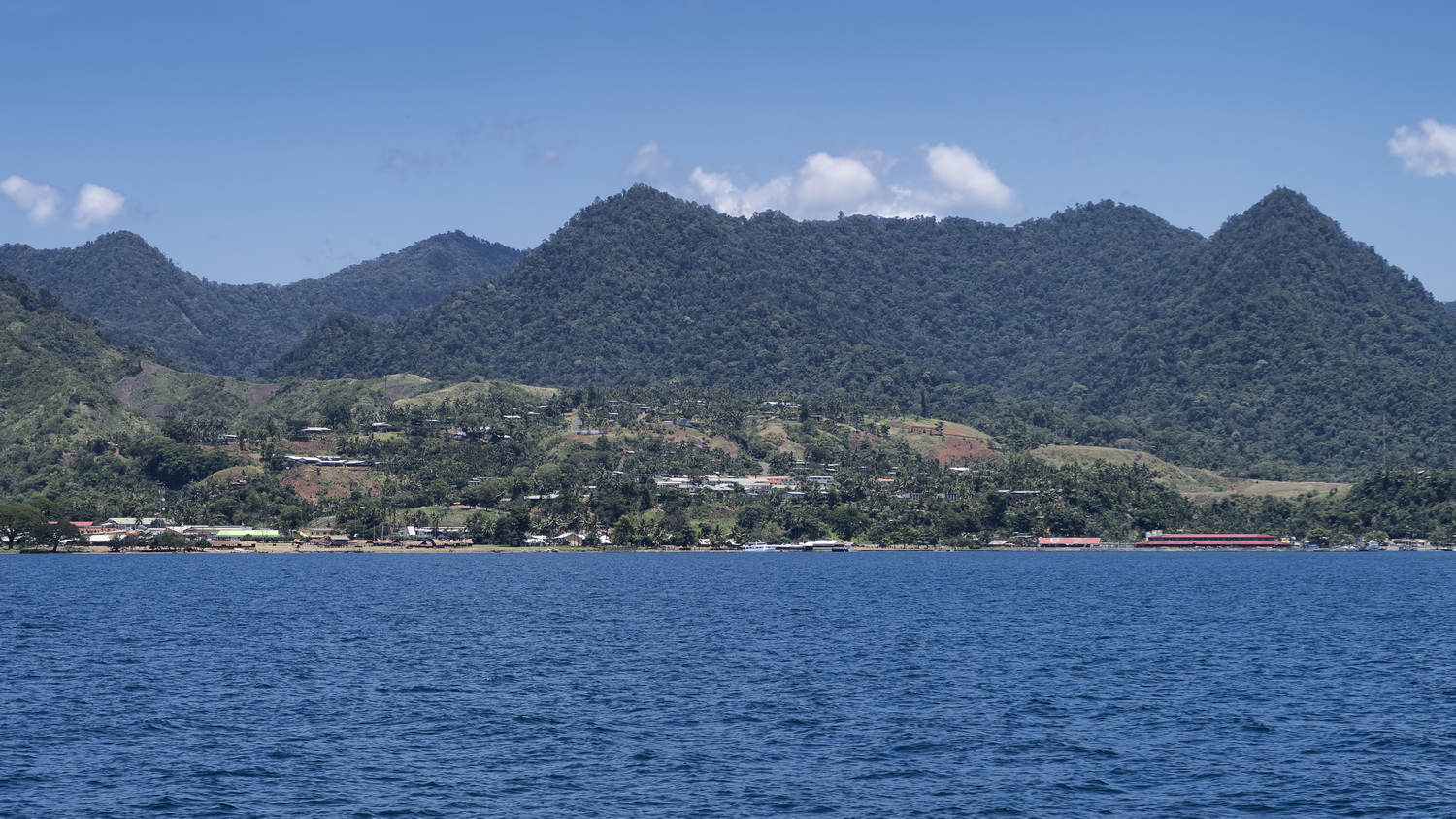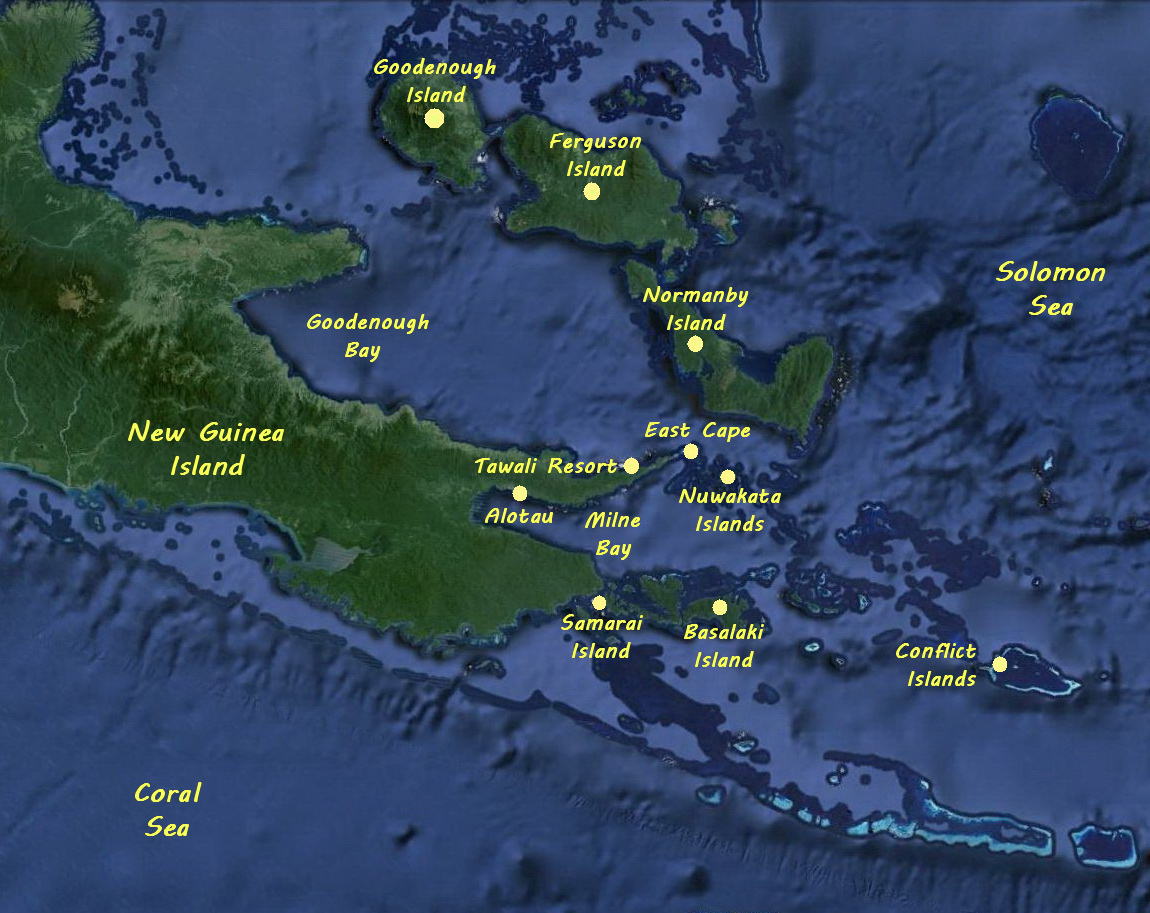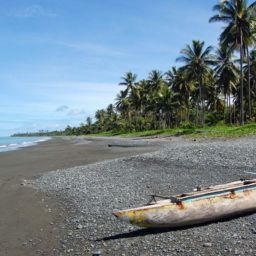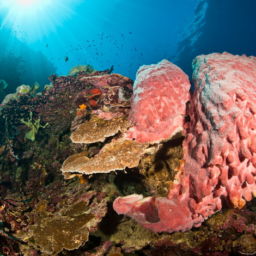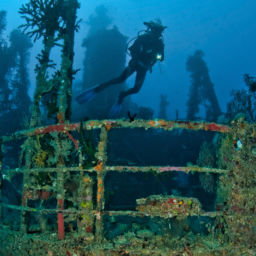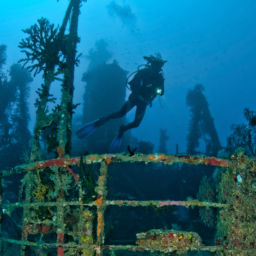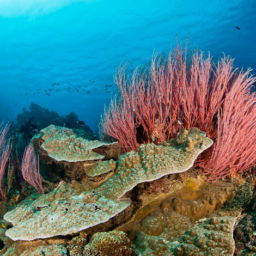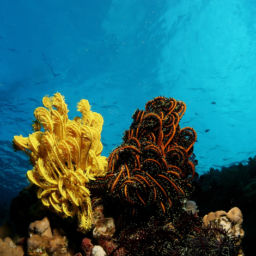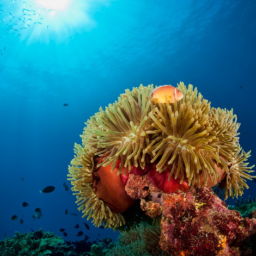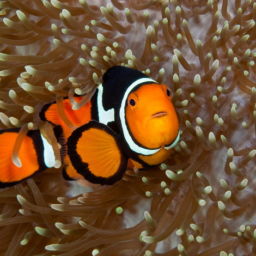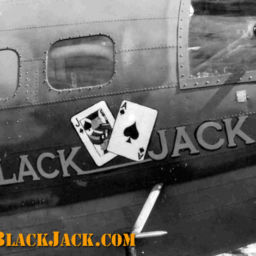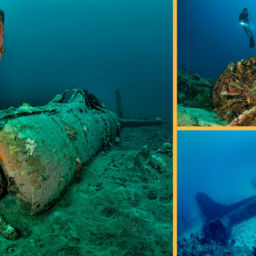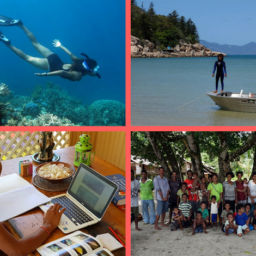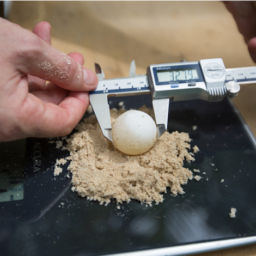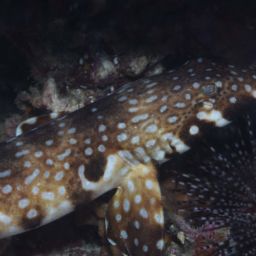Milne Bay put Papua New Guinea on the global scuba-diving map back in the mid-1980s, when Bob and Dinah Halstead built their liveaboard dive boat, the MV Telita. Scuba diving in Milne Bay today still takes some advanced planning, but the rewards are well worth the effort.
The area of PNG that we refer to as “Milne Bay” is somewhat confusing because there are two Milne Bays. The first is the large, sheltered bay on the southeastern tip of the main island of New Guinea. This was named for British Admiral Sir Alexander Milne. The second is the much larger province of Milne Bay, which stretches out over 104,000 square miles (270,000 square km). The Allies used the bay itself as a major airbase during WWII. It was the site of an epic battle with invading Japanese forces in 1942. Historians consider this battle the first time the seemingly invincible Imperial forces were decisively defeated.
Milne Bay Province is roughly the size of New Zealand, but only about 5 percent of that area is dry land. The rest consists of the waters surrounding the 600-plus islands that comprise the province. Those islands fall in to four main groups — the Trobriands, the D’Entrecasteaux Islands, Woodlark Island and the Louisiade Archipelago.
How to get to Milne Bay
Port Moresby and Alotau, Milne Bay’s provincial capital, are only 217 miles (350 km apart). But the rugged, mountainous terrain of southeast New Guinea means that the sole road along the south coast stops at a village called Kupiano, roughly halfway between the towns.
The only truly viable option for getting to Milne Bay is by air from Port Moresby. Both Air Nuigini and PNG Air service Alotau’s Gurney Airport (GUR) regularly.
Where to stay
If you’re scuba diving in Milne Bay, then you will have already decided on a resort-based or liveaboard trip.
Tawali Resort is the area’s most well-known, land-based option.
If you are looking for a traditional experience that will help you understand Milne Bay, try Napatana Lodge. Gretta Kwasnicka Todurawai runs the lodge, and she’s a fantastic source of local and provincial information. Todurawai has an extensive network of contacts across Milne Bay Province and goes out of her way to help guests.
Flinders University in Adelaide worked through Todurawai to produce a series of informational brochures on Milne Bay Province that offer some great insight into the region, how to explore it, what you will see, and where to stay.
If you’re looking for something a bit more mainstream, the Alotau International Hotel is right in the center of town and offers all the modern conveniences. Another option is the Driftwood Resort, in a scenic spot on the beach just outside of Alotau.
Logistics in Milne Bay
The Papua New Guinea currency is the kina, and $1 USD will buy you about three of them. Most visitors to PNG get kina at the ATM or currency exchange after arrival at the international airport in Port Moresby. There are a couple of ATMs at the banks in Alotau, but once you are out in Milne Bay Province, you’ll need cash.
Things to do in Milne Bay
Milne Bay Province is quiet and peaceful, widely considered the safest province in PNG. The provincial capital of Alotau is the only town of any size, with a population of about 15,000.
You’ll find the highlights of Milne Bay on the numerous islands that make up the province. Many of the villages on those islands have a fascinating matrilineal culture. Here, the women own the land and take a strong role in the overall community.
The province was the first in Papua New Guinea to embrace community-based ecotourism, establishing a village guest-house network across several of the main islands, which helps visitors experience local culture.
Scuba diving in Milne Bay
There are two main options for diving Milne Bay Province. You can travel via liveaboard, which will make remote locations such as the East Cape Reefs and Nuwakata Islands in northern Milne Bay, and the sites around Samarai Island and the China Strait in the south accessible.
Alternately, opt for resort-based diving at either Tawali, on the north coast of Milne Bay or the more exotic and remote Conflict Islands Resort.
Tawali has the advantage of being a dedicated dive resort, and it’s reasonably close to Alotau and the airport as well. You’ll also have easy access to the numerous excellent dive sites on the north coast. There are numerous excellent dive sites on the north coast and Tawali dives them all regularly using its day boats. You’ll head out in the morning and head back later in the day, depending on how many dives you’d like to do.
The other option for land-based stays is the Conflict Islands Resort, which is a bit more up-market. The resort offers scuba diving as one of its recreational pursuits, although it’s not the focus as at Tawali.
Two liveaboards are based in Milne Bay, along with another two that operate here seasonally. The MV Chertan is based in Alotau. Rob van der Loos, who has been diving Milne Bay Province for nearly 35 years, owns and operates the boat. The Chertan has several itineraries covering both the northern and southern parts of Milne Bay.
The MV Spirit of Niugini is based at Tawali Resort. It operates four distinct itineraries that all start and finish at the hotel. One of them offers the unique opportunity to dive the B-17F Black Jack wreck at Boga Boga on Cape Vogel.
Also operating periodically in the area are the MV Golden Dawn and the MV Febrina.
When to dive Milne Bay
Milne Bay is a year-round destination. The shape of the bay itself and the many islands of the province mean that you can always find sheltered locations.
But to dive Milne Bay at its very best, visit from November through late January. This is the dry season in that part of PNG so there’s minimal run-off from the rivers and streams and visibility can be exceptional.


